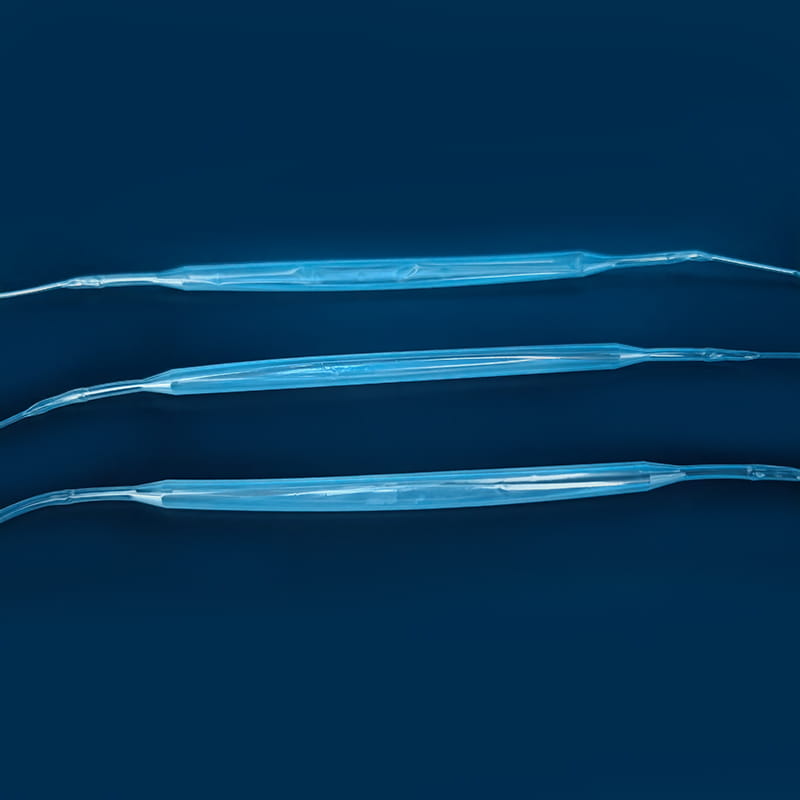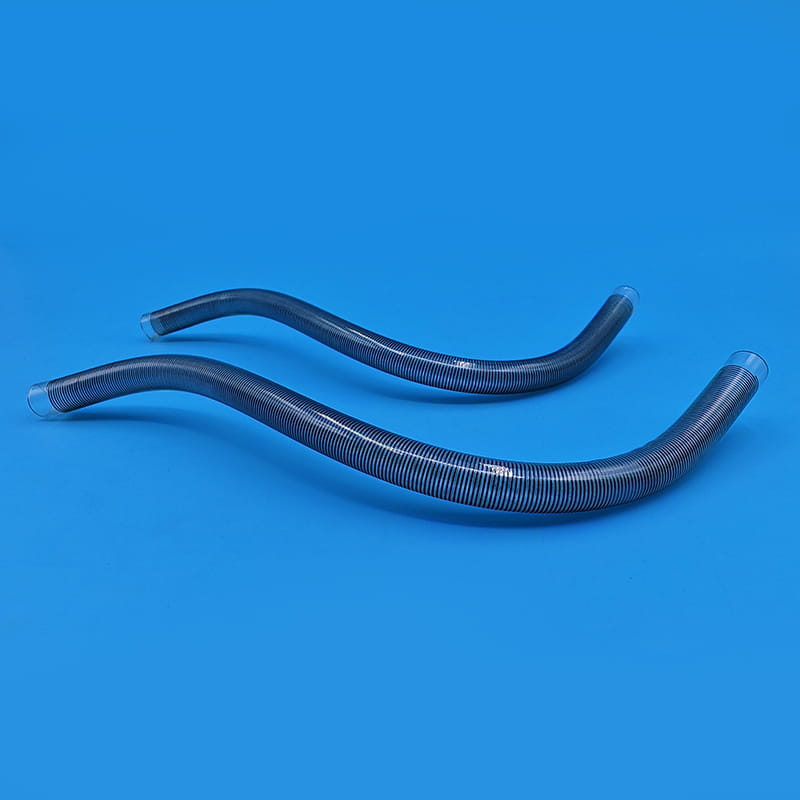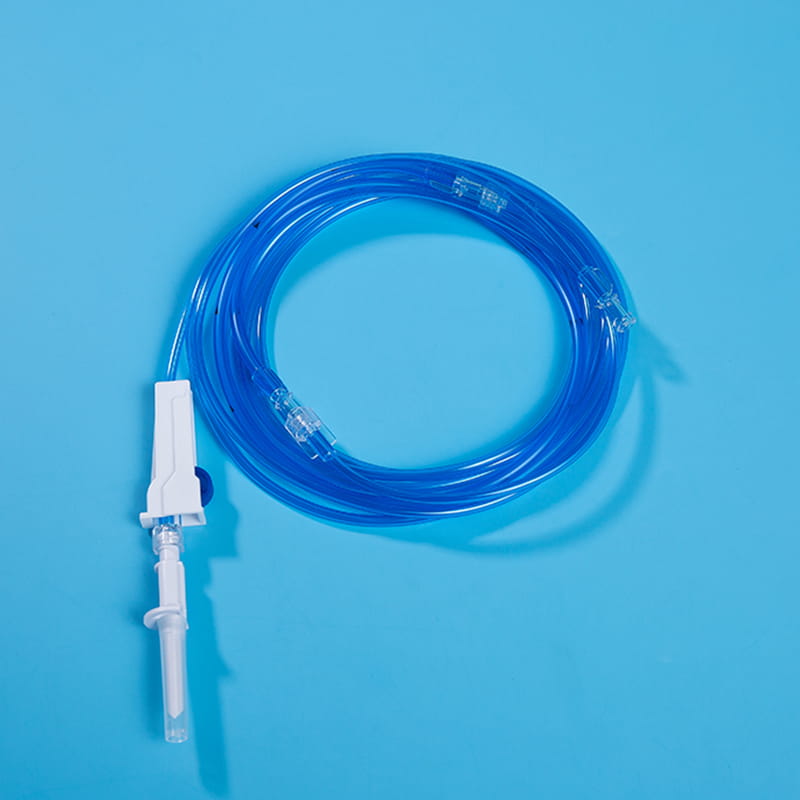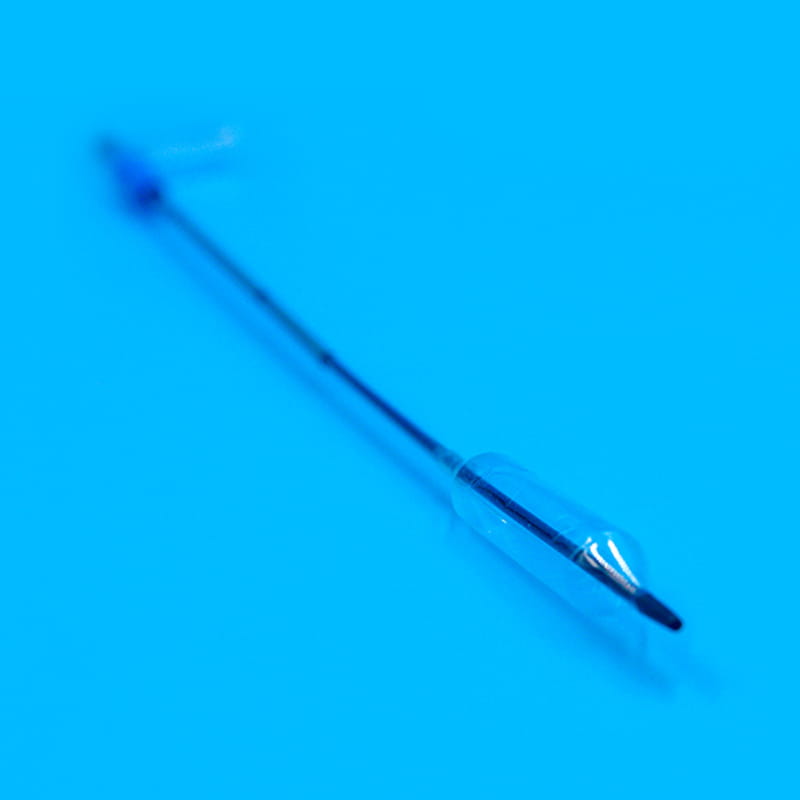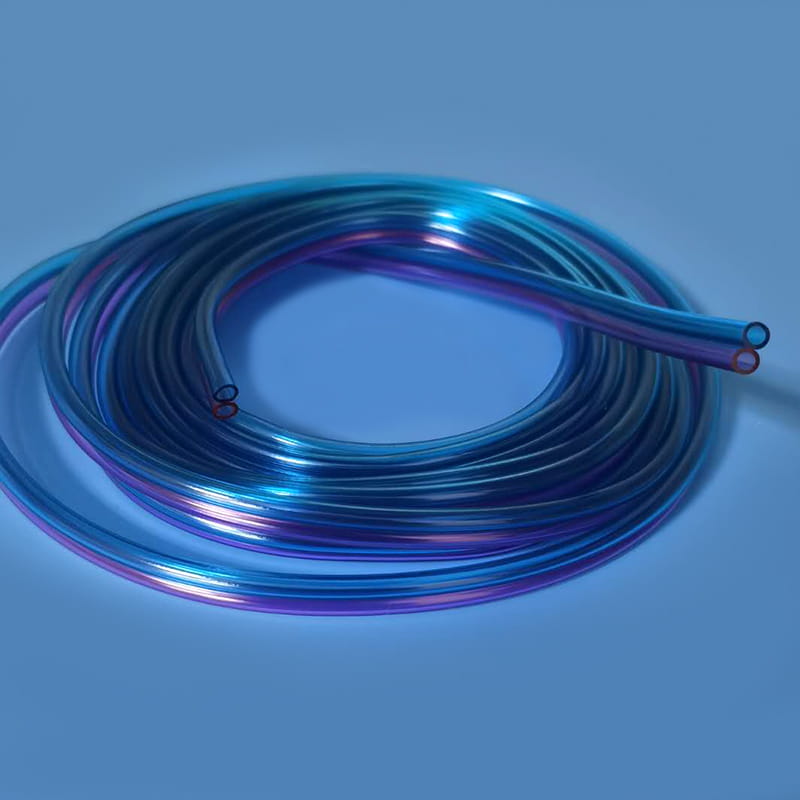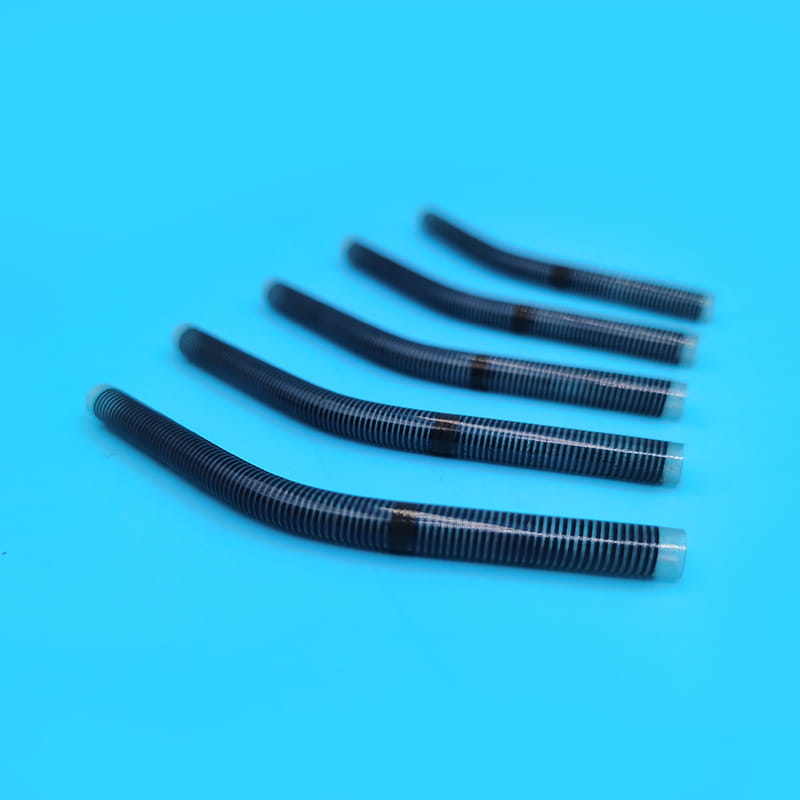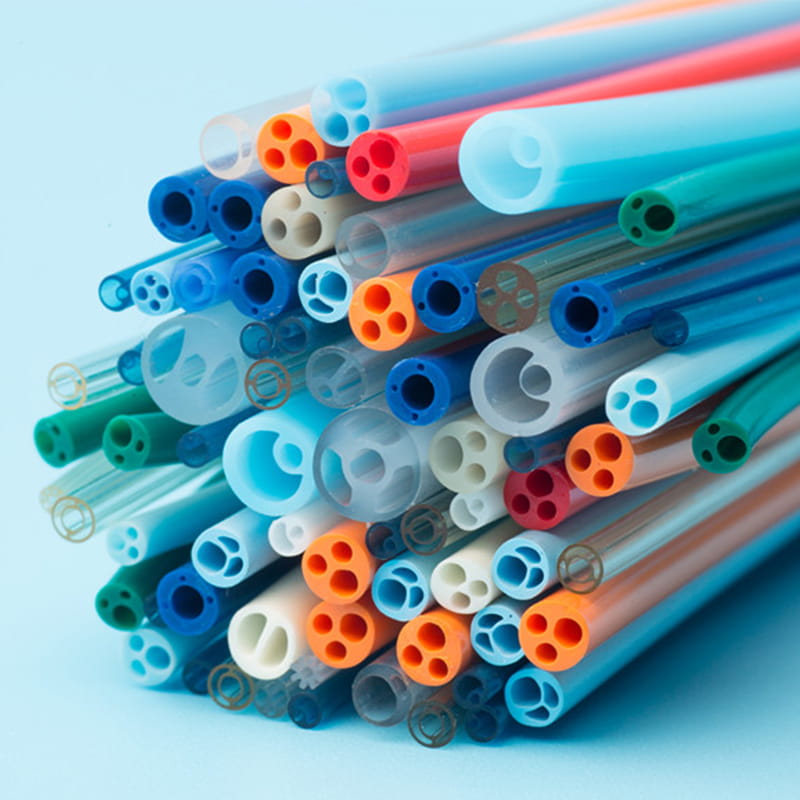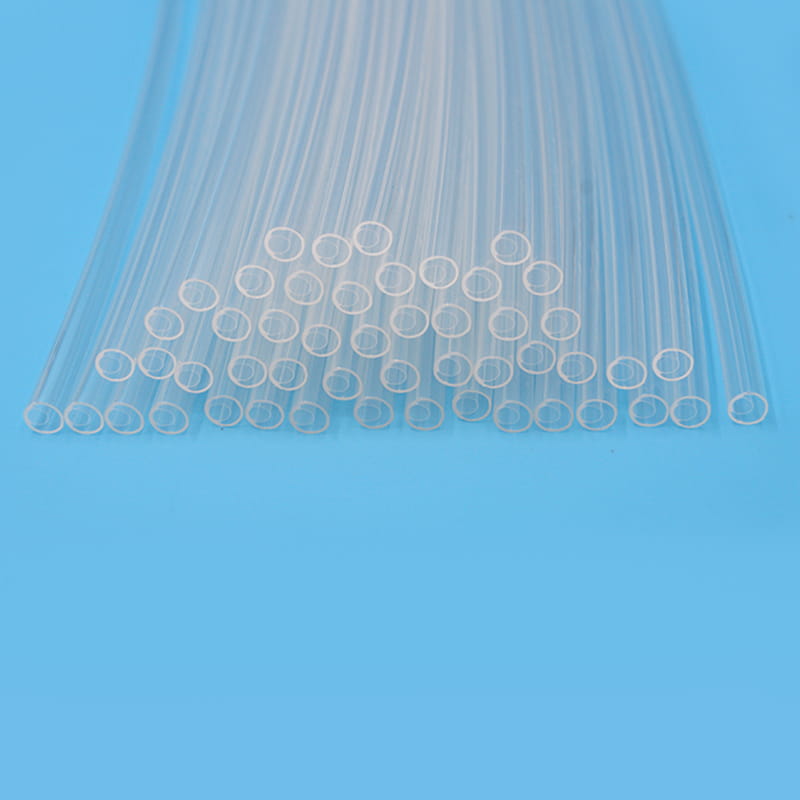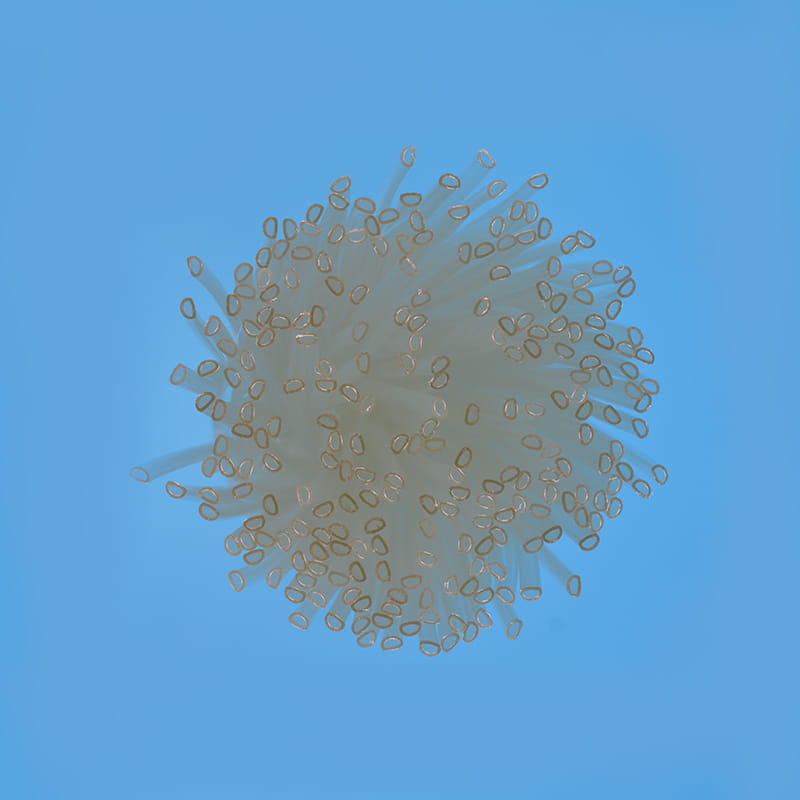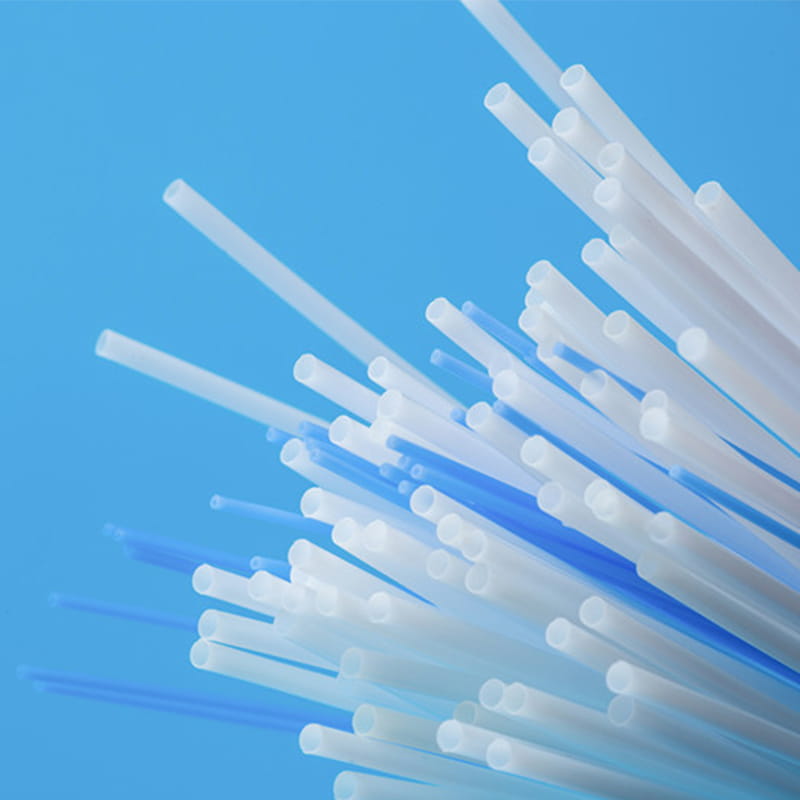How does the excellent high temperature resistance of Medical Soft PI Tube bring changes and guarantees to the medical field?
The core of the high temperature resistance of Medical Soft PI Tube lies in the unique molecular structure of its material polyimide. Polyimide molecules are tightly connected by a large number of ring structures through covalent bonds to form highly stable aromatic polymer chains. This special structure gives the medical PI tube extremely high thermal stability, enabling it to maintain stable physical and chemical properties for a long time in a high temperature environment. The strong chemical bond force between its molecular chains makes it difficult for the molecules to shift and decompose when heated, thereby maintaining the integrity and functionality of the tube.
The most direct manifestation of this characteristic is in the sterilization process. Traditional medical tubing has many restrictions on the choice of sterilization methods. Some materials that are not resistant to high temperatures cannot withstand high temperature and high pressure sterilization processes and can only be sterilized by chemical disinfection or low temperature sterilization. Taking chemical disinfection as an example, although commonly used disinfectants such as glutaraldehyde can play a certain bactericidal role, once the residual disinfectant enters the human body, it may cause adverse reactions such as allergies and respiratory irritation, especially for patients with weak immunity, the potential risk is greater. Ethylene oxide sterilization in low-temperature sterilization not only requires special equipment and a long ventilation and decomposition time to remove residual ethylene oxide, but also if the parameters are not properly controlled during the sterilization process, it is difficult to ensure that all microorganisms are completely killed. Medical PI tubes, with their high temperature resistance, can adapt to high-temperature and high-pressure sterilization, a reliable and efficient sterilization method. During the high-temperature and high-pressure sterilization process, high temperature can quickly and thoroughly kill all kinds of bacteria, viruses, spores and other microorganisms, and high pressure ensures that the sterilization medium can fully penetrate into every corner of the pipe to ensure that every part is effectively sterilized. Taking the common moist heat sterilization method as an example, at 121°C and a pressure of 103.4kPa for 20-30 minutes, medical PI tubes can be sterilized in all directions without dead ends. This sterilization method is not only efficient, but also does not introduce chemical residues, which reduces the risk of infection of patients due to incomplete sterilization of medical consumables from the source, and lays a solid foundation for the safety of medical operations.
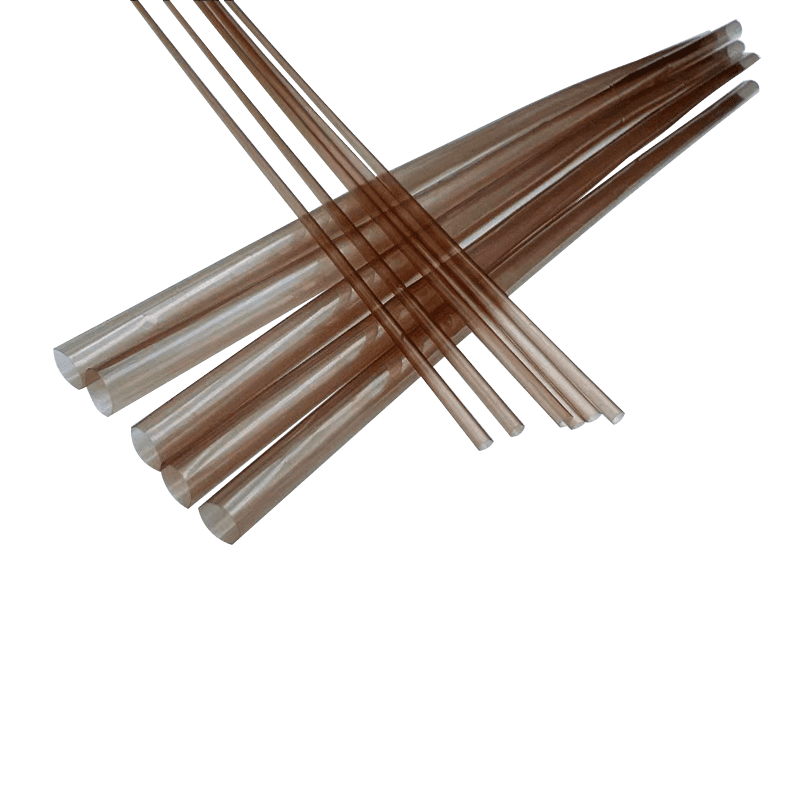
In clinical application scenarios, the high temperature resistance of medical PI tubes also plays an irreplaceable role. In some surgical operations, surgical instruments need to be pre-treated or assisted in high temperature environments. For example, in orthopedic surgery, when using bone cement, the bone cement needs to be heated to a certain temperature to improve its fluidity and adhesion, and the matching delivery medical PI tube must be able to withstand the temperature changes in this process. If the pipe is not resistant to high temperatures, it may soften and deform during transportation, causing bone cement leakage or poor transportation, affecting the surgical effect. As an important part of surgical instruments, medical PI tubes can maintain stable performance in such a high temperature environment, and will not deform, soften or degrade due to high temperature, thereby ensuring that surgical instruments can function normally and providing reliable support for the smooth progress of the operation. In the cleaning and disinfection of postoperative instruments, hospitals usually use high temperature and high pressure cleaning and disinfection equipment to ensure that the instruments can be thoroughly cleaned and sterilized. Medical PI tubes can still maintain good physical and chemical properties during such repeated high temperature treatments, extending their service life and reducing medical costs. In contrast, some ordinary plastic pipes will have problems such as surface embrittlement and shrinkage of the pipe diameter after several high-temperature cleaning and disinfection, and they have to be replaced frequently, which increases the operating costs of the hospital.
Compared with other medical pipes, the high temperature resistance of medical PI pipes gives it a significant competitive advantage in the medical market. Many traditional medical pipes are prone to performance degradation in high temperature environments. For example, polyvinyl chloride pipes will deform at high temperatures, resulting in changes in pipe diameter. When used for infusion or injection, it affects the accuracy of drug delivery and may cause inaccurate dosage, which has an adverse effect on patient treatment; some pipes containing plasticizers may release plasticizers at high temperatures and mix into the drug solution, causing harm to patients. Medical PI pipes can maintain stable shape and performance whether they are in a high temperature environment for a long time or in a short period of extreme high temperature. In some special medical environments, such as intensive care units, the indoor temperature is usually kept at a high level to prevent infection, and medical devices also need to be frequently disinfected at high temperatures. Medical PI tubes can still function stably in such complex environments and meet the requirements of medical staff and patients.
From the perspective of medical technology development, the high temperature resistance of medical PI tubes also provides possibilities for the research and development and application of new medical technologies. With the continuous advancement of medical technology, more and more innovative treatment methods and equipment have emerged, many of which have put forward higher requirements for the high temperature resistance of medical materials. For example, in tumor hyperthermia, a treatment method using radiofrequency ablation transmits high temperature energy to tumor tissue to raise its temperature to above 45°C, thereby killing tumor cells. In this process, medical tubing is required to accurately transmit radiofrequency energy to the lesion site. With its high temperature resistance, medical PI tubes can stably transmit energy in a high temperature environment, ensuring the treatment effect while ensuring the safety of patients. In the field of interventional radiology, some new embolic materials need to be transported at high temperatures. Medical PI tubes can be used as delivery catheters to withstand the high temperature during the delivery process to ensure that the embolic materials can accurately reach the target location. The high temperature resistance of medical PI tubes also helps promote the miniaturization and integration of medical devices. Because materials that can maintain stable performance in high temperature environments can make it possible for medical devices to be designed and manufactured without having to worry too much about the impact of high temperature on component performance, thereby achieving a more compact and efficient structural design. For example, multiple functional modules are integrated into a small device, and each module is connected by a medical PI tube. In a high temperature working environment, the overall stable operation of the device can still be guaranteed, bringing higher efficiency and accuracy to medical diagnosis and treatment.
For more information, please call us at +86-18913710126 or email us at [email protected].
Introduction In medical practice, particularly in post-surgical care, body cavity effusion, orthoped...
In the medical field, the safety, stability, and efficiency of fluid transmission are directly relat...
Introduction In modern medical procedures, particularly those involving minimally invasive surgery o...
Vascular interventional procedures are integral to modern cardiovascular medicine, particularly when...
Introduction Single-lumen endobronchial tubes are a critical component of respiratory therapy, espec...
The medical industry is increasingly relying on advanced materials for various applications, and one...


